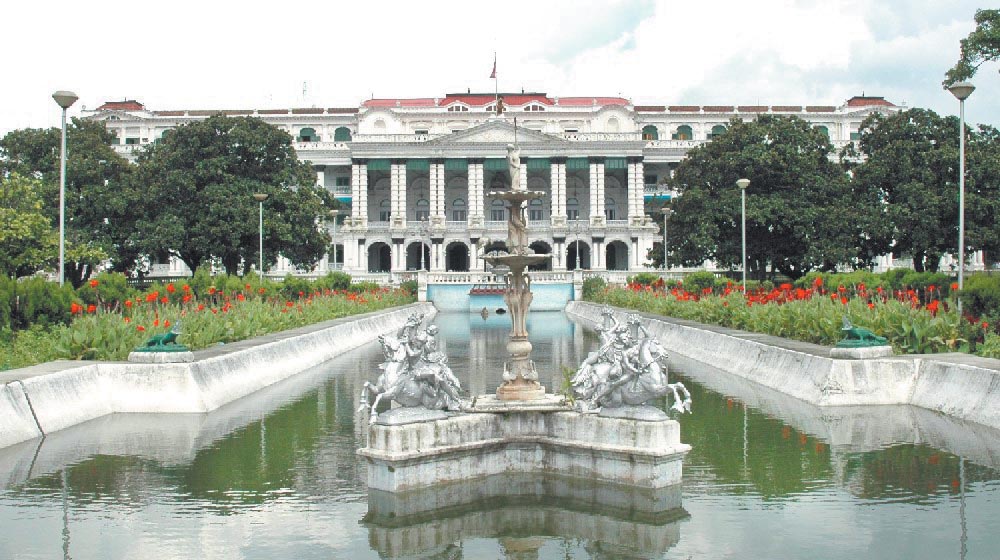Local, federal govts bicker over staff transfers
Kathmandu, June 19
A few local governments have vehemently opposed the federal government’s decision to transfer staff from the central to local levels, in a sign that sub-national governments do not want the centre to interfere in their work.
If this problem, currently witnessed in a handful of local bodies, spreads to other sub-national governments, it may take longer to institutionalise the budding federalism.
Dharan Sub-Metropolitan City recently wrote to the Ministry of Federal Affairs and General Administration stating that the central government should stop deputing its staff at the sub-metropolitan city’s office, as it went against the spirit of the Local Government Operation Act. The sub-metropolitan city has also stated that staff transferred from the centre will not be allowed to work.
Similar warnings have also been issued by Dhulikhel Municipality, Kathmandu Metropolitan City and Nepalgunj Sub-metropolitan City.
After Nepal formally made a shift from unitary to the federal system of government following completion of all levels of elections last year, local governments have been given enormous powers, including the power to decide on their own. This was done to devolve authority from Singha Durbar, the central administrative secretariat, to provinces and local bodies.
“But even after the change in the governance system, the central government wants to influence local bodies,” said Tara Subba, mayor of Dharan Sub-metropolitan City, in the letter sent to the MoFAGA, which was seen by THT. “The centre should seek our permission before making such moves.”
The MoFAGA, on the other hand, has dug its heels in. “Local governments should not violate constitutional provision. It should create a favourable working environment for the staff sent by the centre,” said MoFAGA Secretary Dinesh Thapaliya. “There will be problems if laws are not followed.”
Article 302 of the constitution states that the federal government may transfer staff to provincial and local levels in accordance with the law to deliver services.
“This is a unique problem,” said Umesh Mainali, chairman of the Public Service Commission. “Earlier, many civil servants in the federal government did not want to get transferred to provincial or local levels. Finally, the federal government has been able to convince some of them to join provincial or local governments. Now, local governments are hesitating to accept staff transferred from the centre.”
Despite this, what is also true is that many local bodies, especially those in rural areas, are short of human resources and are waiting for the federal government to send staff.
Local governments across the country immediately need around 17,000 staff to properly execute day-to-day tasks. But the central government has not been able to fulfil their need so far.
To address this demand, the federal government had initiated the process of hiring around 1,000 staff.
“But brakes were put on the hiring process following the minister’s instruction,” said Mainali, without elaborating.
The MoFAGA is conducting an organisation and management survey to ascertain the staff requirement of local levels. “Whatever the outcome of the survey, staff must be transferred from federal to local governments, because the centre currently has a workforce of around 50,000 to 60,000, which is not required following the decision to create a lean government at the centre,” said Mainali.






